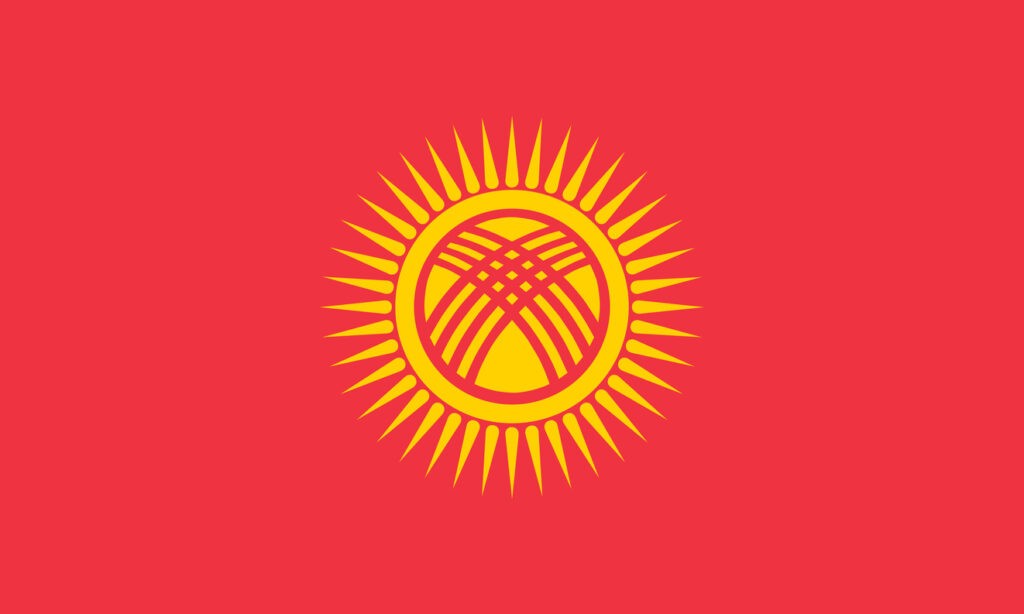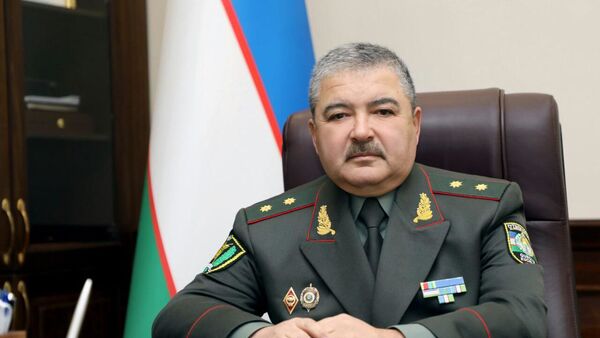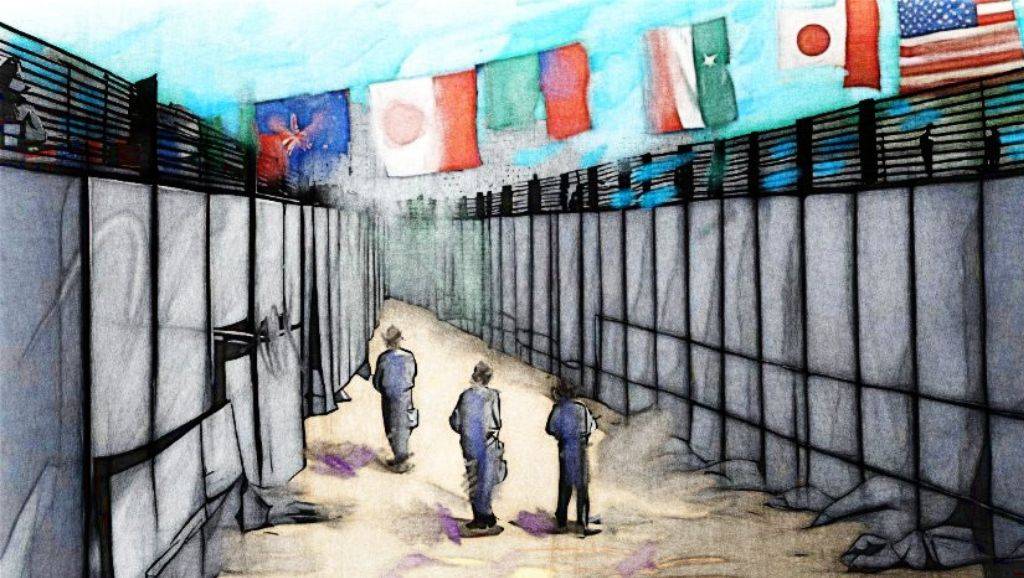Kazakhstan’s Police Step Up Patrols Near Synagogues and Israeli Diplomatic Facilities
In Kazakhstan, police have intensified patrolling near synagogues and Israeli diplomatic facilities. This was reported on October 2 by the Ministry of Internal Affairs. According to Shyngys Alekeshev, head of the ministry's department of information policy, the embassy facilities are, as before, under constant police protection, ensuring their safety in the current situation. “All religious sites have also long been under the control of the IAB; patrol routes are closer to these sites. Additionally, video monitoring of the adjacent territory is carried out through the DSC cameras,” he said. On the night of October 1 to 2, Iran fired rockets at the territory of Israel in response to the Israeli ground operation in southern Lebanon and the death of Hezbollah leader Hassan Nasrallah. According to the Iranian side, this was only the first wave of the attack, targeting key Israeli military and strategic sites. Earlier, it was reported that Iran was planning to use ballistic missiles in the attack, drawing a sharp reaction from the US. The White House has warned Iran of possible severe consequences if the aggression continues. The Israeli operation in southern Lebanon, targeting Hezbollah facilities, resulted in significant casualties, with 95 people killed and another 172 wounded. Kazakhstan's Foreign Ministry has already condemned the airstrike on the residence of the head of the UAE's diplomatic mission in Sudan and called for restraint by urging the parties to resolve conflicts through diplomatic methods.






